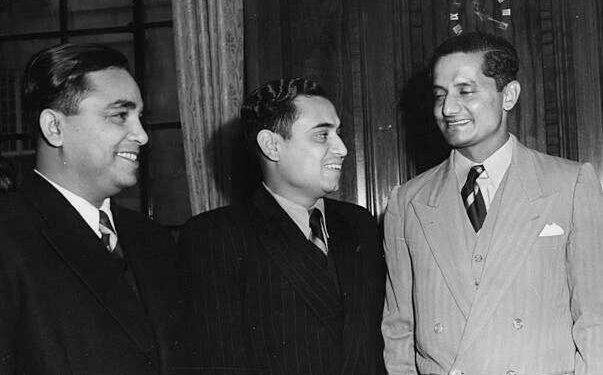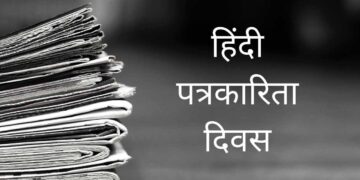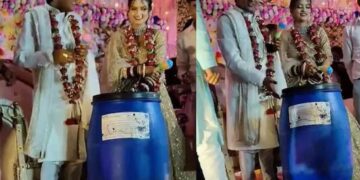Lyricist Mohammed Rafi, who has given his brilliant voice in many superhit songs like Abhi Na Jao Dekhen Kya Hua, Tera Vaada, Likhe Jo Khat Tujhe, Chura Liya Hai Tumne Jo Dil Ko, does not need any identity. Rafi Sahab has fans not only in the country but all over the world. Today is Rafi Sahab’s 100th birth anniversary. On this occasion, we will tell you many interesting stories related to his life.
Mohammed Rafi was born on 24 December 1924 in Kotla Sultan Singh, Amritsar. Rafi Saheb was the second eldest brother among 6 siblings, who was fondly called Fikko at home. Mohammed Rafi belonged to a family where it was not customary to play songs, but Rafi Saheb was different. He was so impressed by seeing a fakir singing in the streets of his village that he used to wait at the same place every day to listen to him and then later imitated that fakir.
Mohammed Rafi gave his first live performance in 1937 at the All India Exhibition, Lahore at the age of 13. He got this opportunity by chance. Actually, there was a sudden power failure on the stage, after which the famous singer of that time Kundanlal Sehgal refused to sing on the stage. After this the organizers of the program asked Mohammad Rafi to perform. His voice was highly appreciated by the audience as well as L Sehgal. He said that this boy will become a great singer one day. After this, director Shyam Sundar offered him to sing in films and he sang his first song in Gul Baloch’s film ‘Goriye Ni, Heeriye Ni’.
Mohammad Rafi earned name and fame on the basis of his brilliant voice, but one very special thing about him was that he was a very shy person. He was so naive that he never asked any musician how much money he would get for a song, in fact at times he even sang for Re 1. Despite being shy, he was very kind. Once when a widow in his neighborhood was going through financial difficulties, Mohammed Rafi started sending her money under a fake name to help her. This came to light when the woman went to the post office when she stopped receiving money.
Mohammad Rafi said goodbye to the world on 31 July 1980. After his death, a crowd of more than 10,000 people gathered at his funeral. Along with this, the Government of India also observed two days of public mourning.






